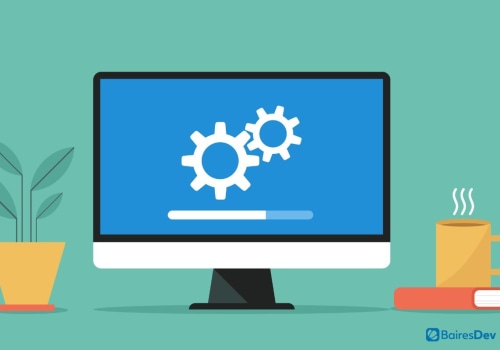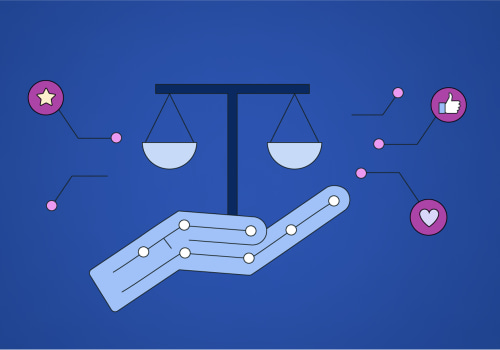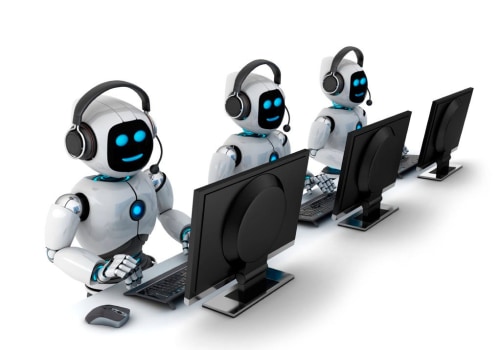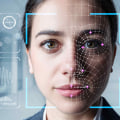AI is becoming increasingly popular in our daily lives, from voice assistants to image recognition for facial unlocking on mobile phones and detecting financial fraud using instant messaging. We have explored 10 practical applications of AI in everyday life and examined the categories of AI use. Voice assistants, image recognition for facial unlocking on mobile phones, and financial fraud detection based on machine learning are all examples of AI software that people use every day. AI software is usually as simple as downloading AI-compatible software from an online store and doesn't require any additional hardware.
Notifications received from banks, 26% from financial institutions, about their services and products are examples of how AI understands your preferences, requirements and financial strength to suggest relevant products to you. Google, Apple and many other navigation-related service providers use AI to interpret the large amount of information they receive and provide you with information that helps you navigate and receive traffic updates in real time, allowing you to travel more efficiently. Whether you're using maps to navigate or a taxi rental service like Uber, you're using AI-enabled services to travel from one place to another. AI is also being used in the automotive industry. Companies like Tesla are at the forefront of the use of automation in vehicles, but many of the car manufacturers are also studying the possibility of integrating AI with cars to offer comprehensive services for the various technologies they use. AI is making our lives easier and more efficient by providing us with a variety of practical applications in our everyday lives.
From voice assistants to automated cars, AI is making our lives easier and more efficient.











